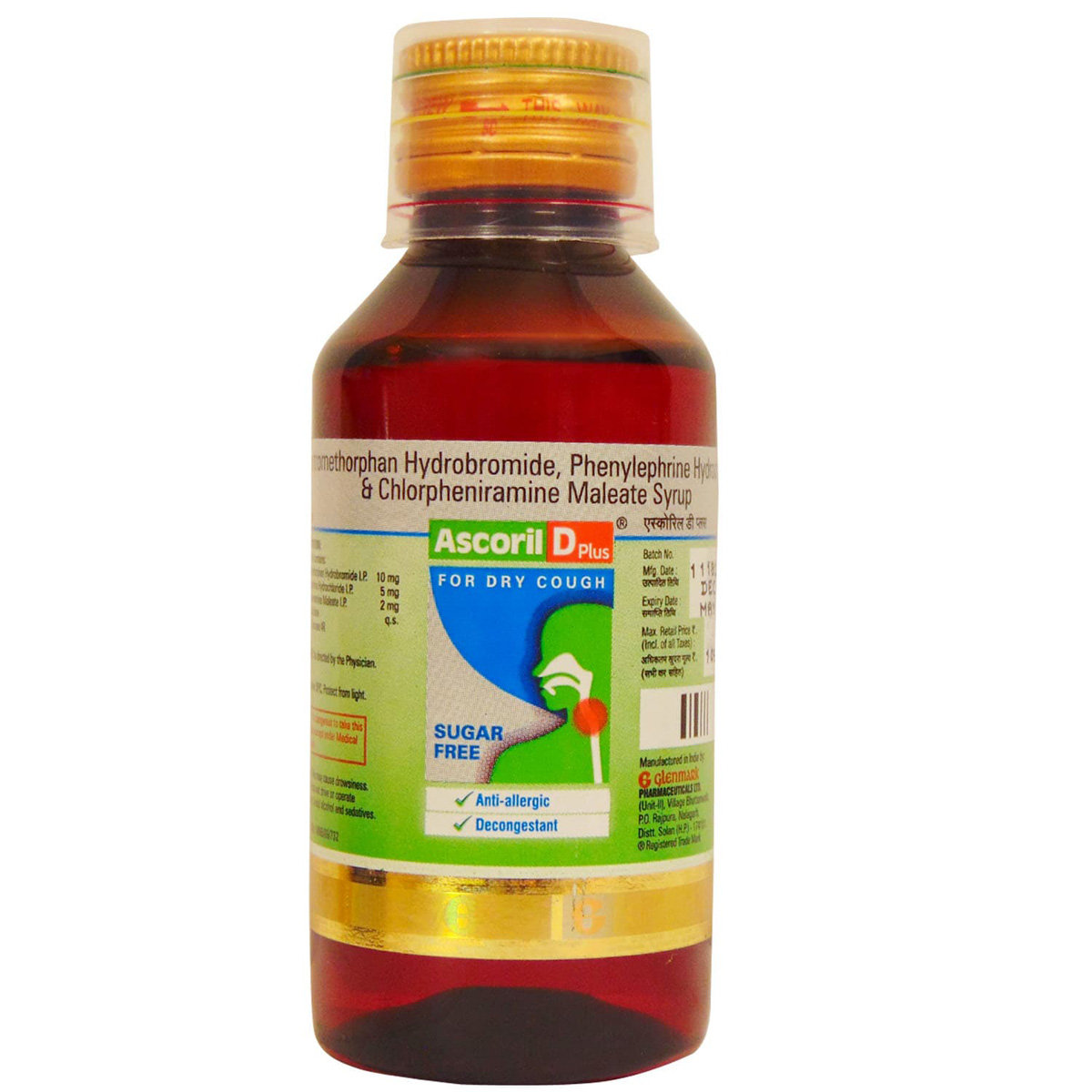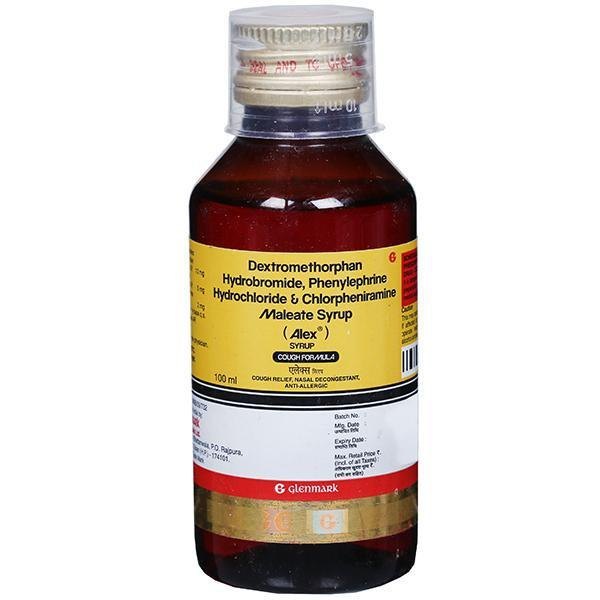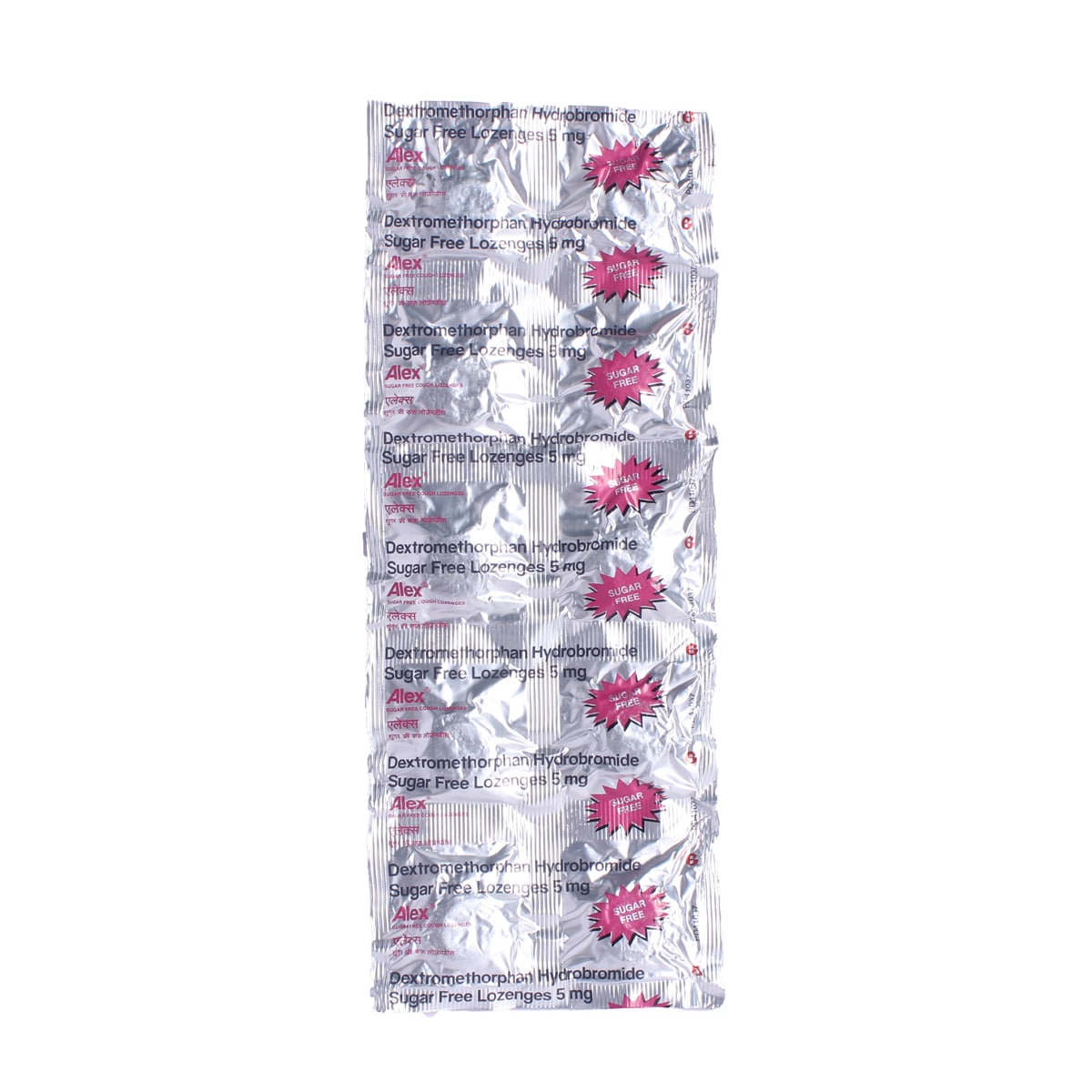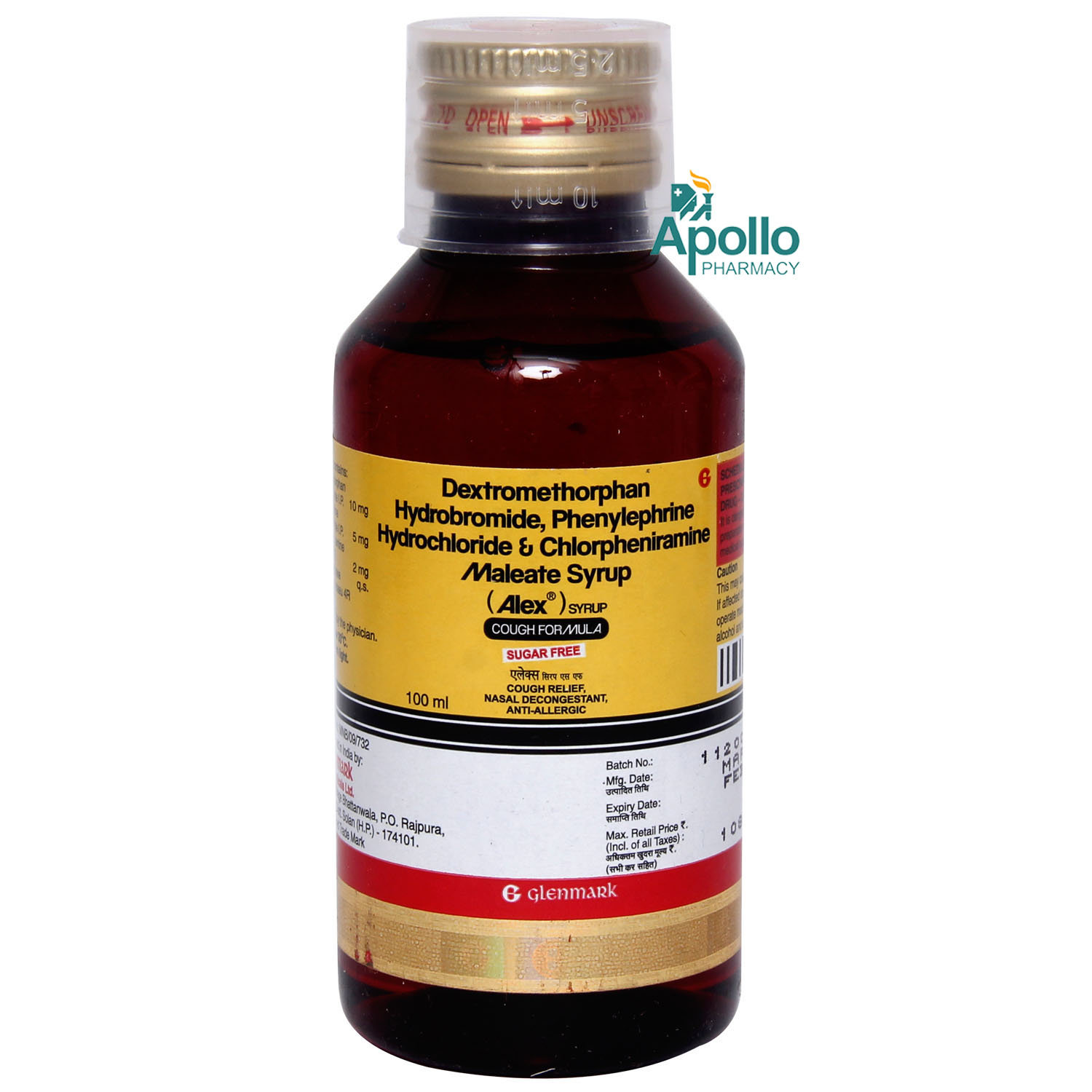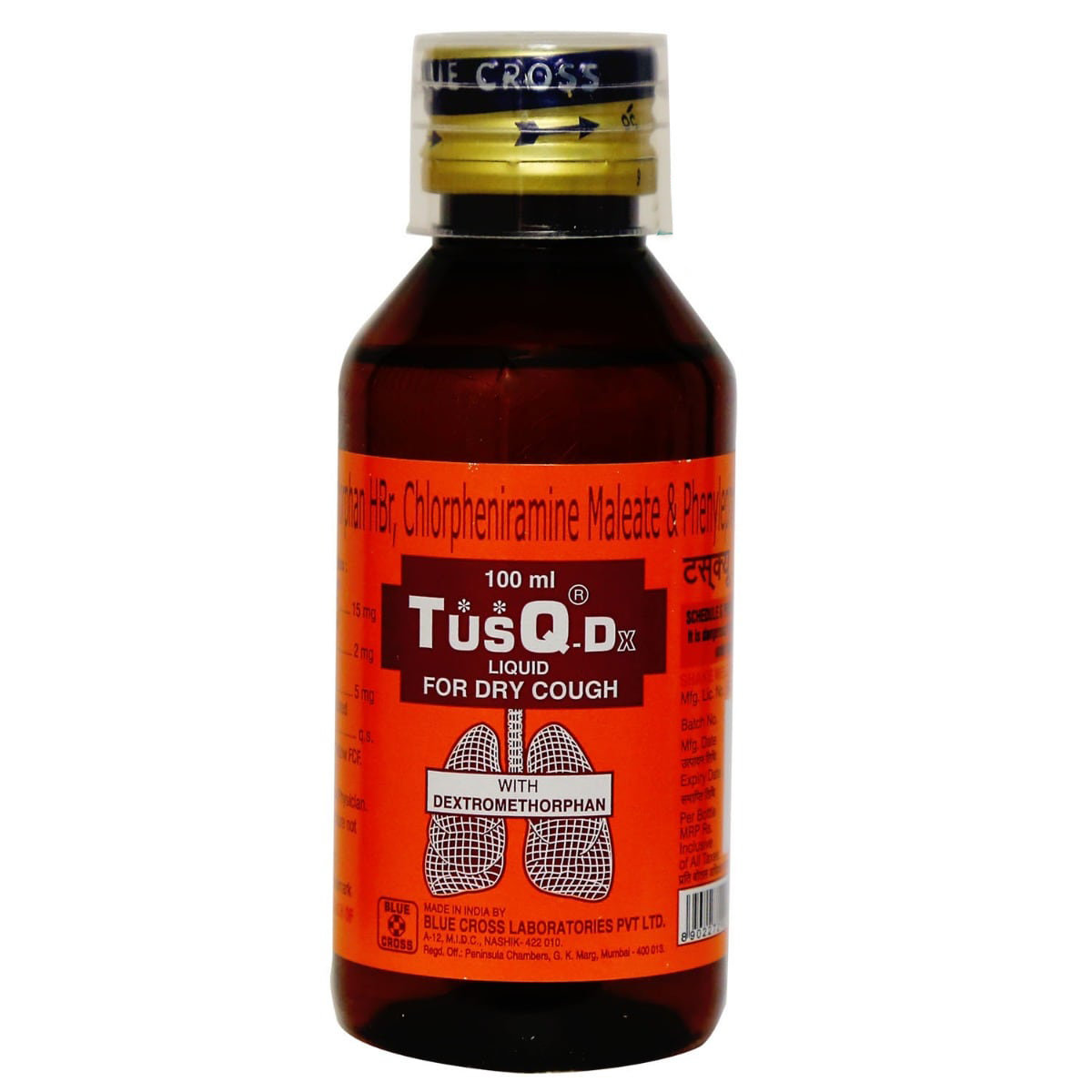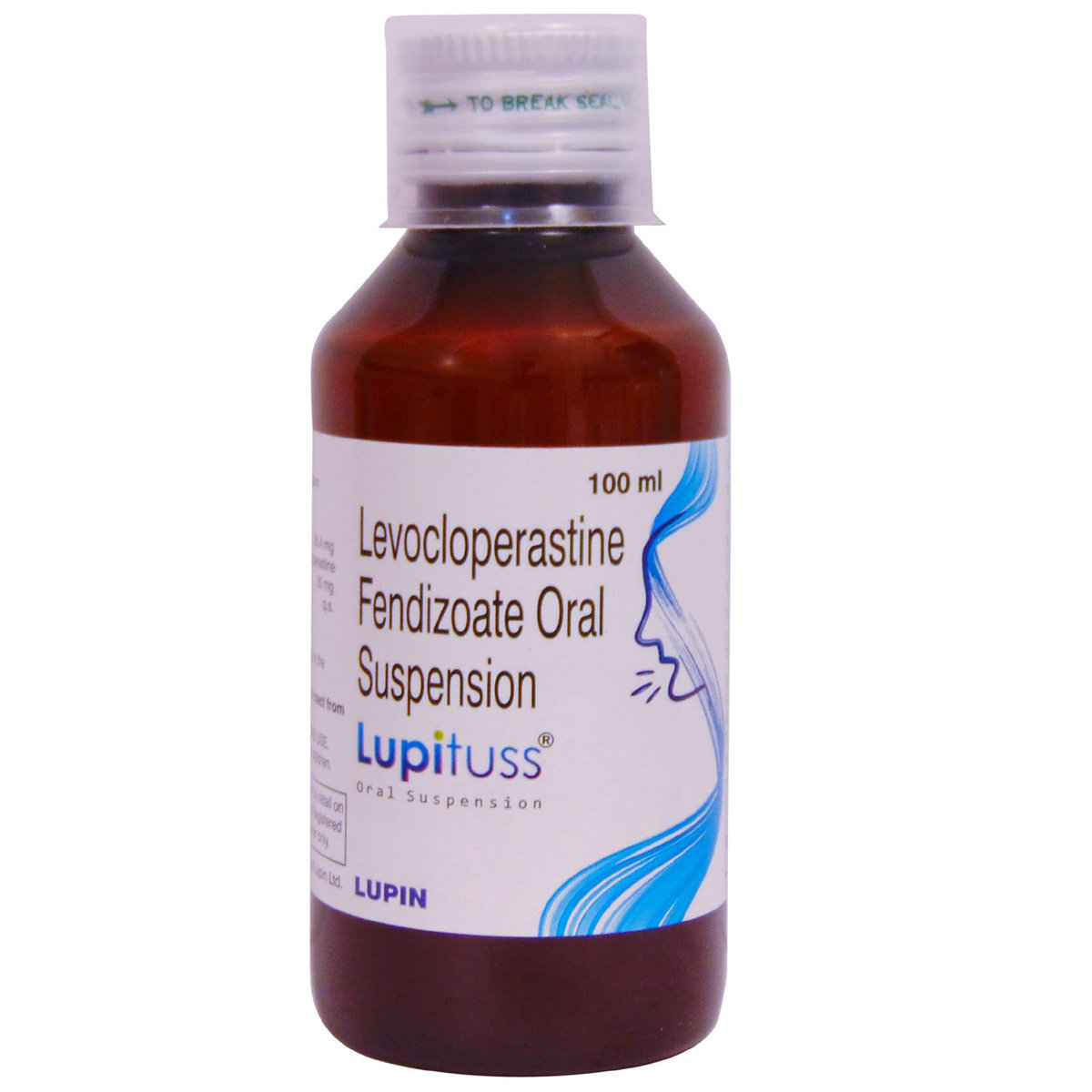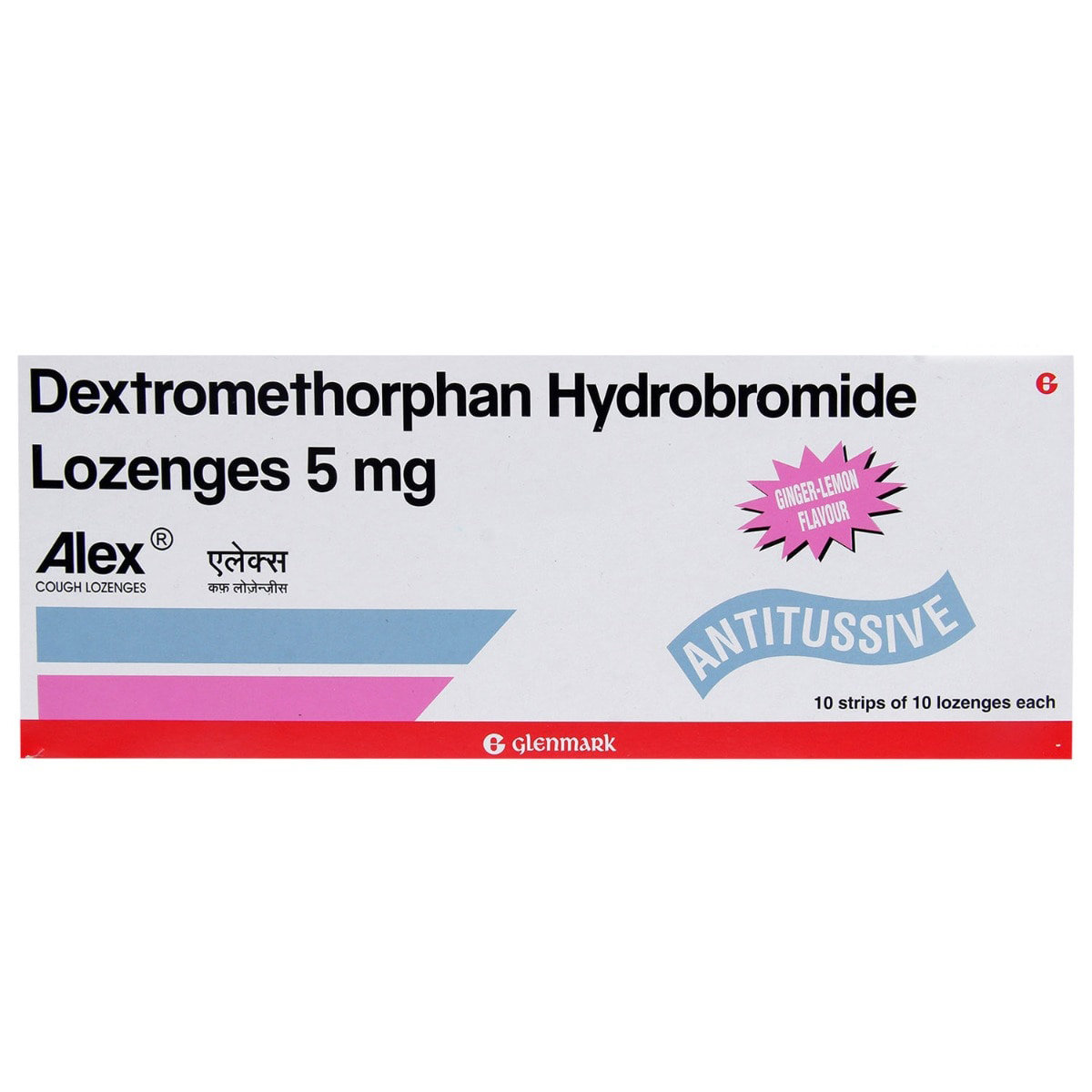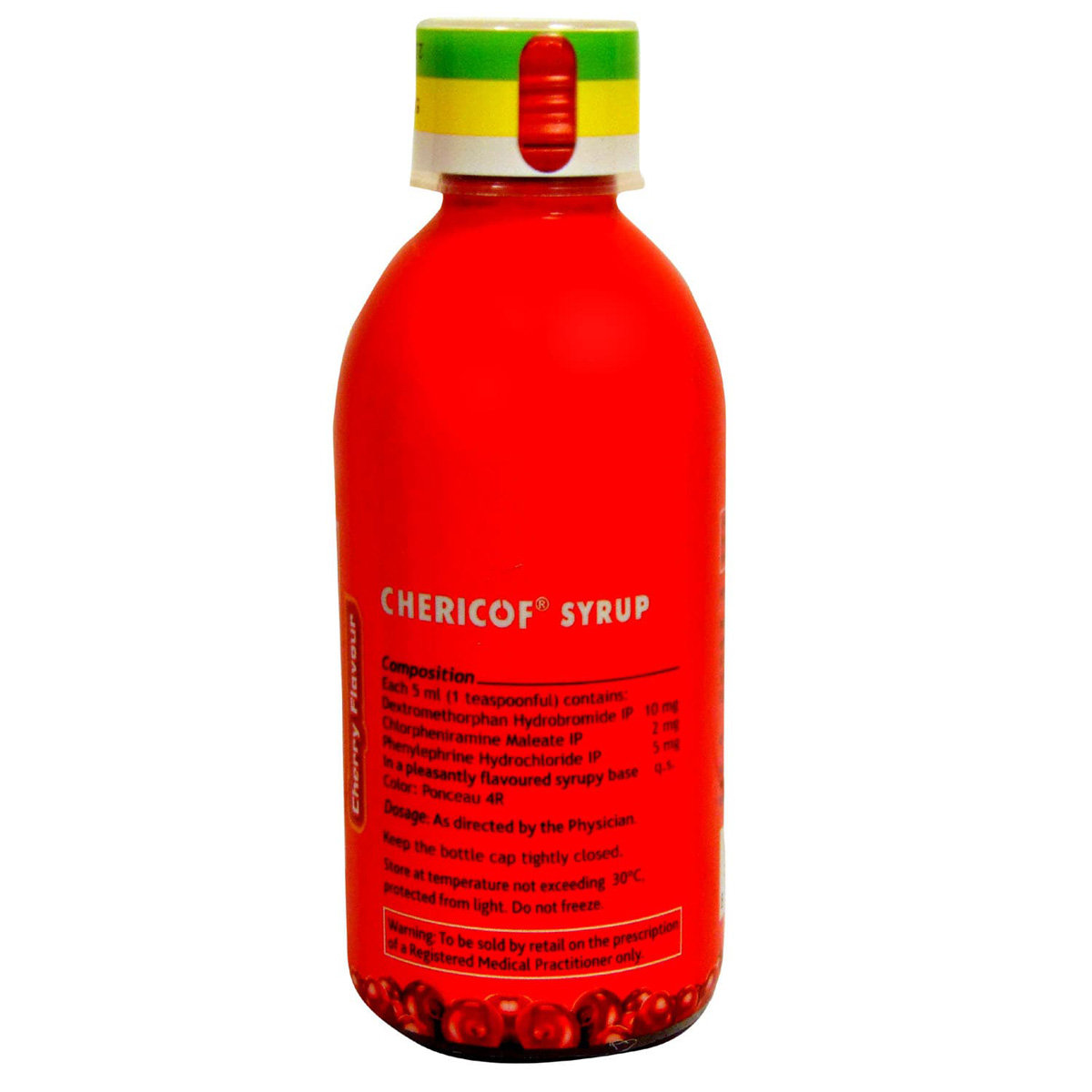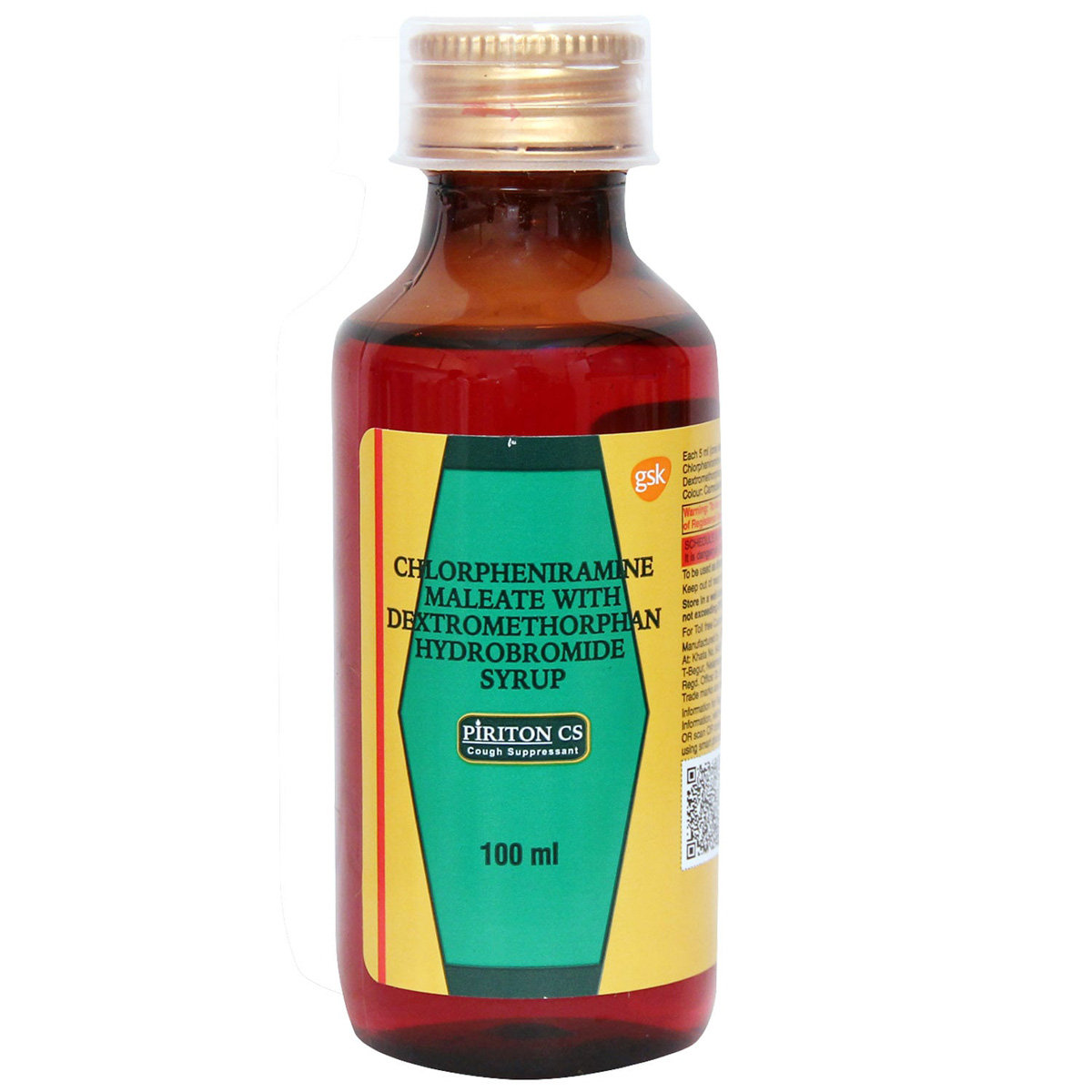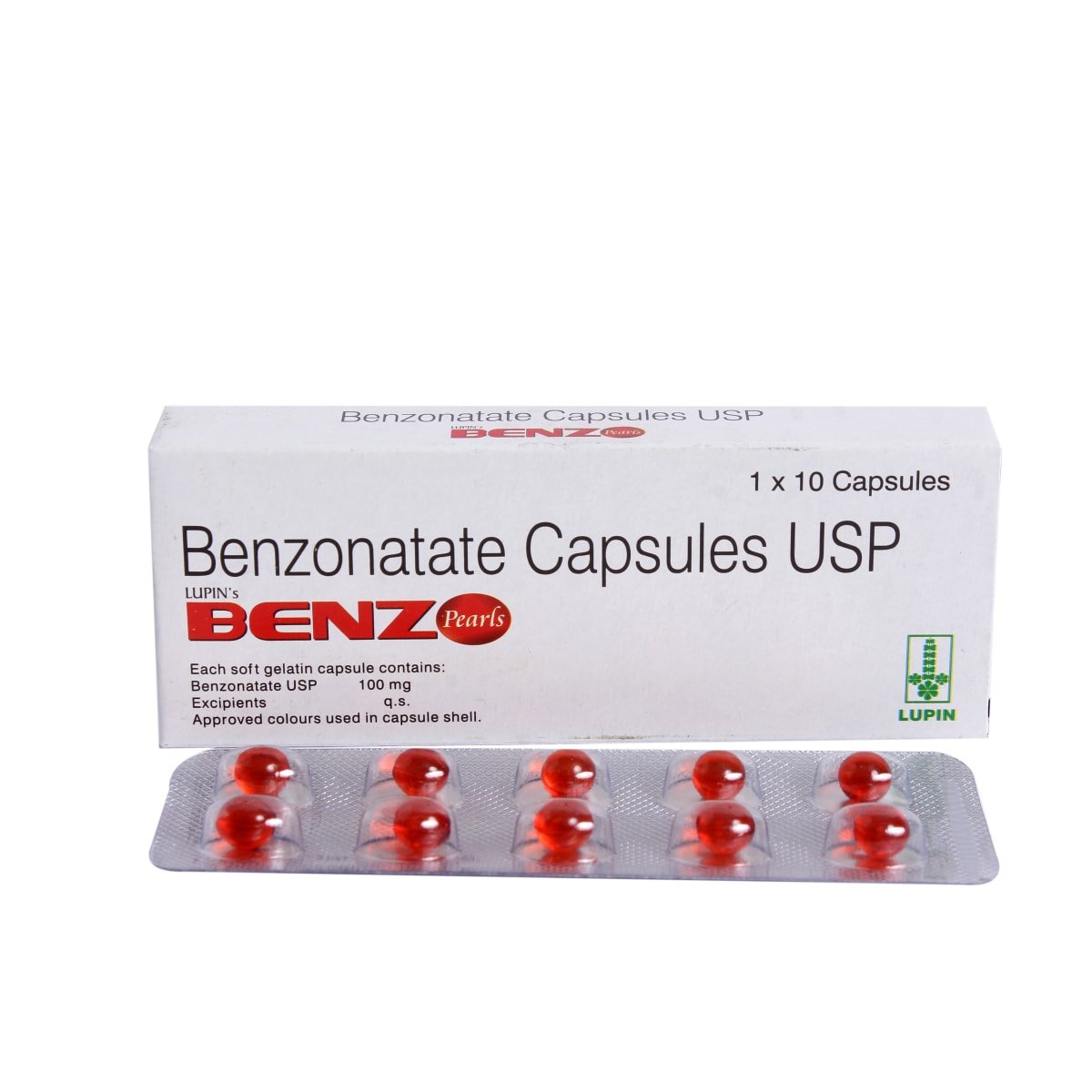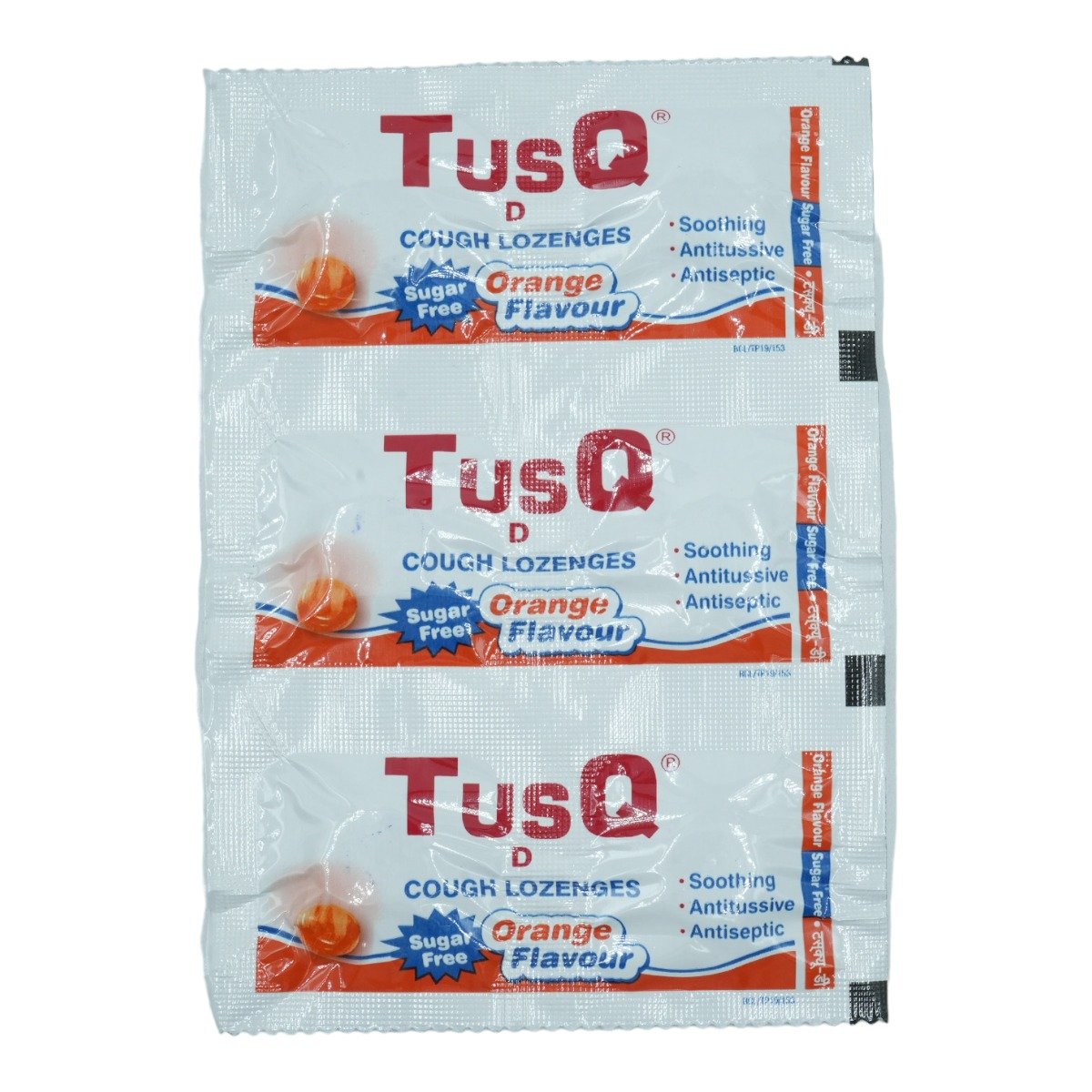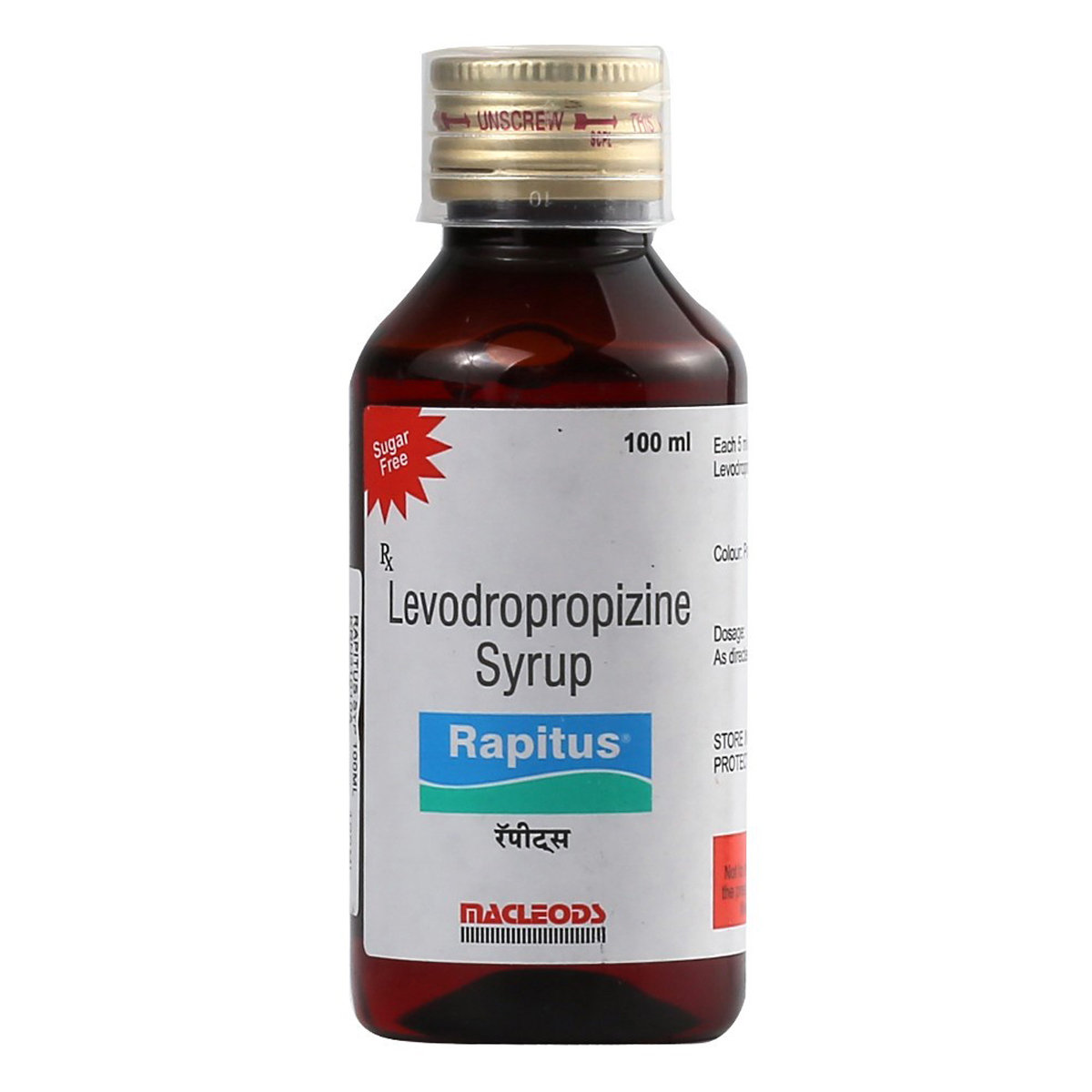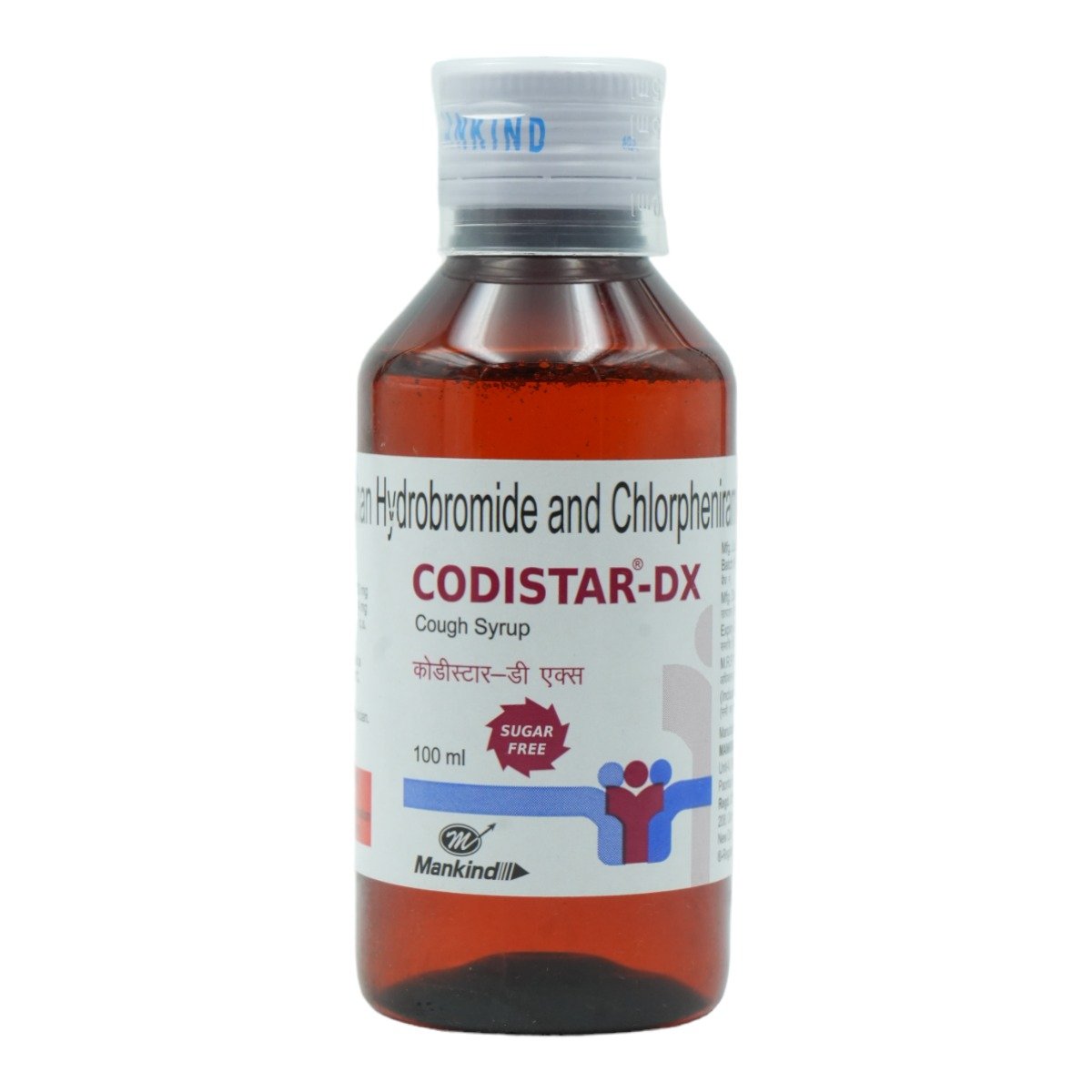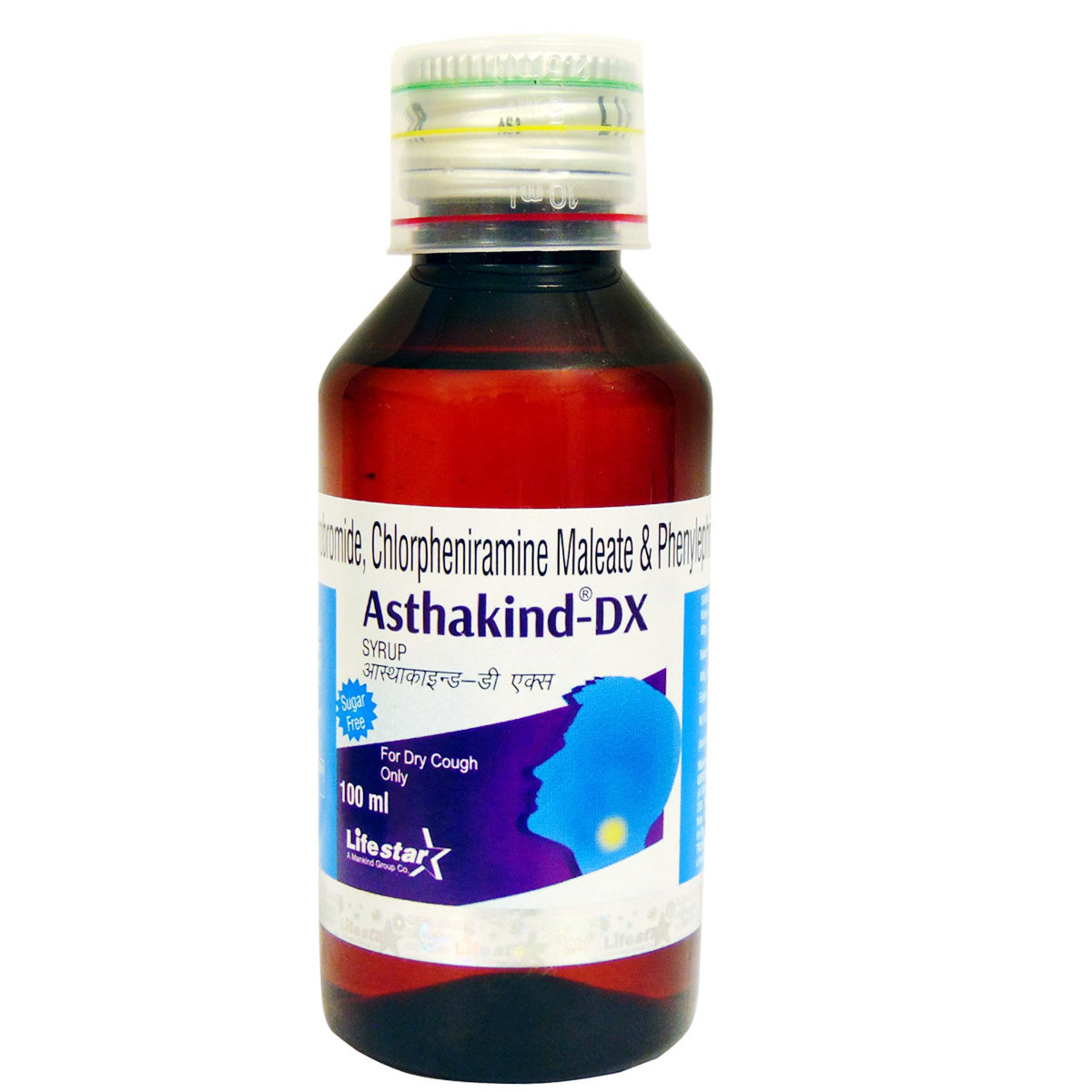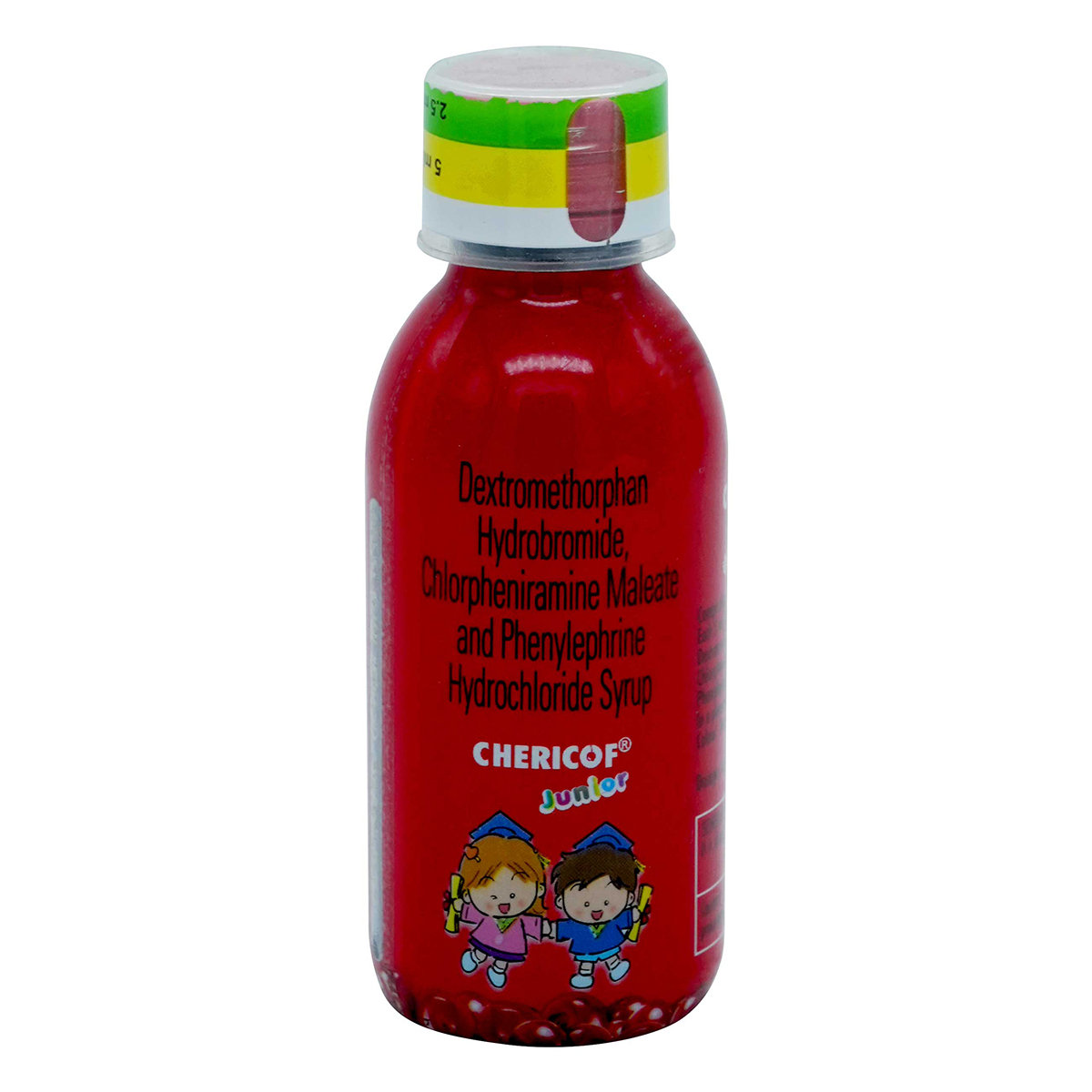- Home
- Health Condition
Medicine For Dry Cough
Medicine For Dry Cough
- Total Items (671)
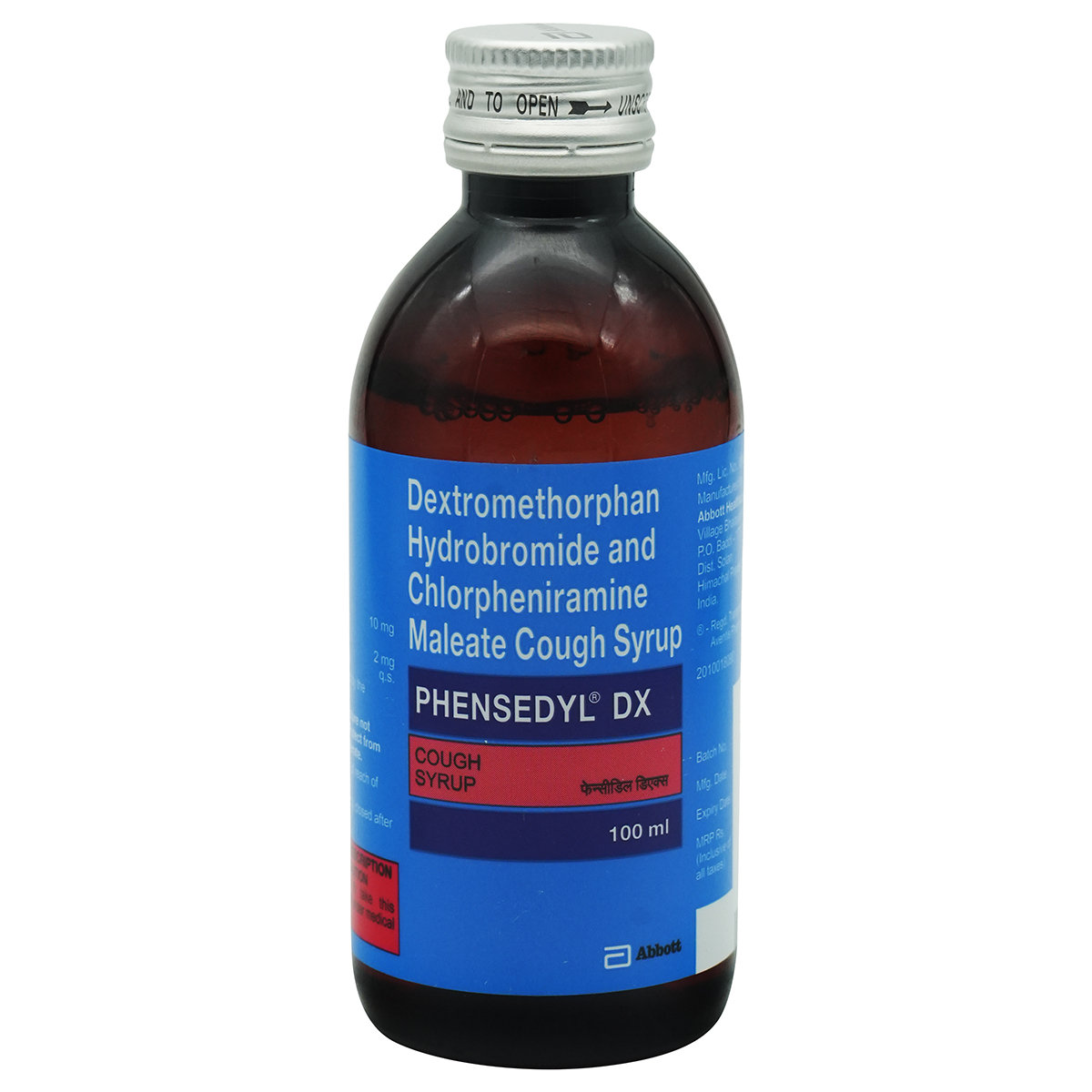 RX
RXPhensedyl DX Syrup 100 ml
₹98.30
MRP ₹131
25% off
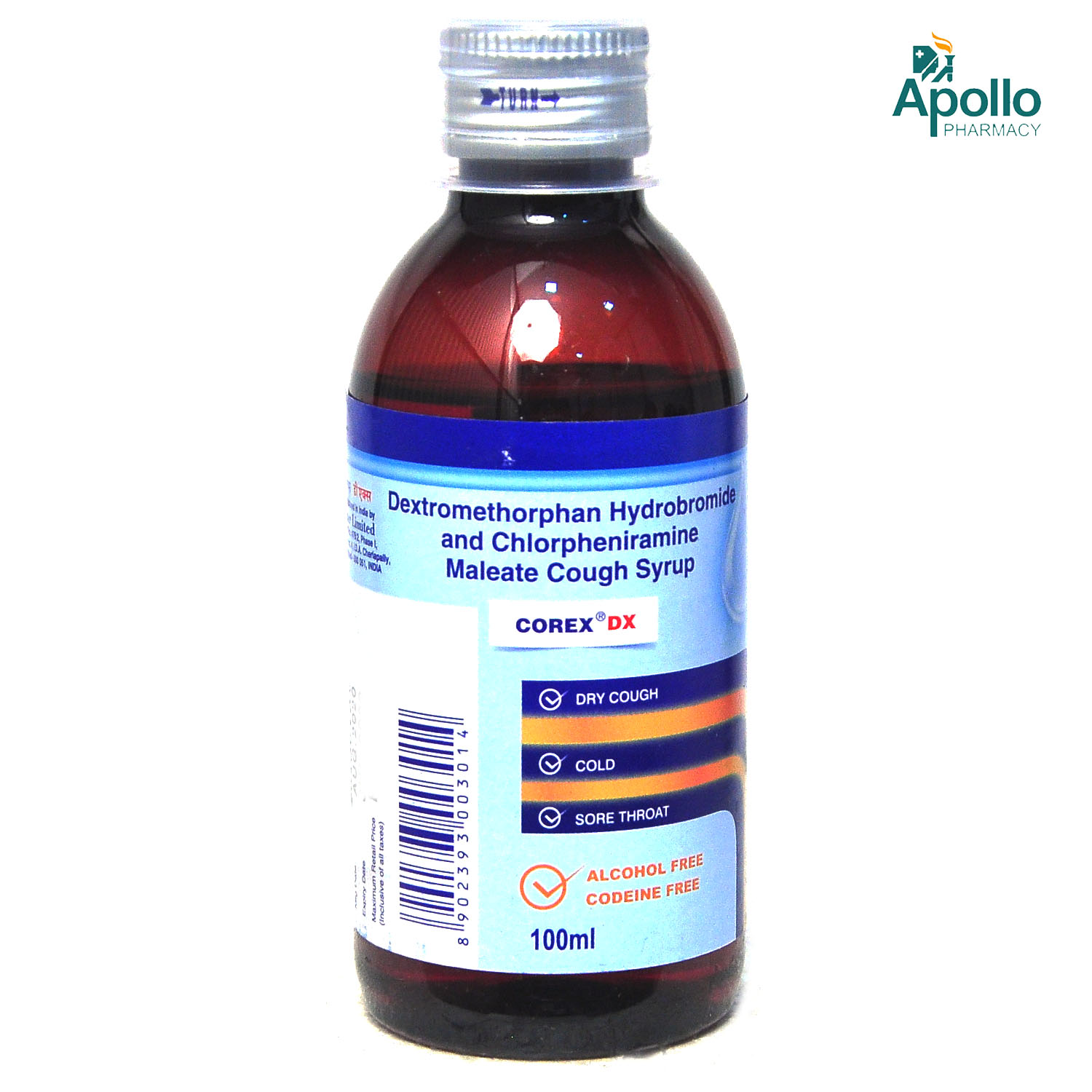 RX
RXCorex DX Syrup 100 ml
₹159.50
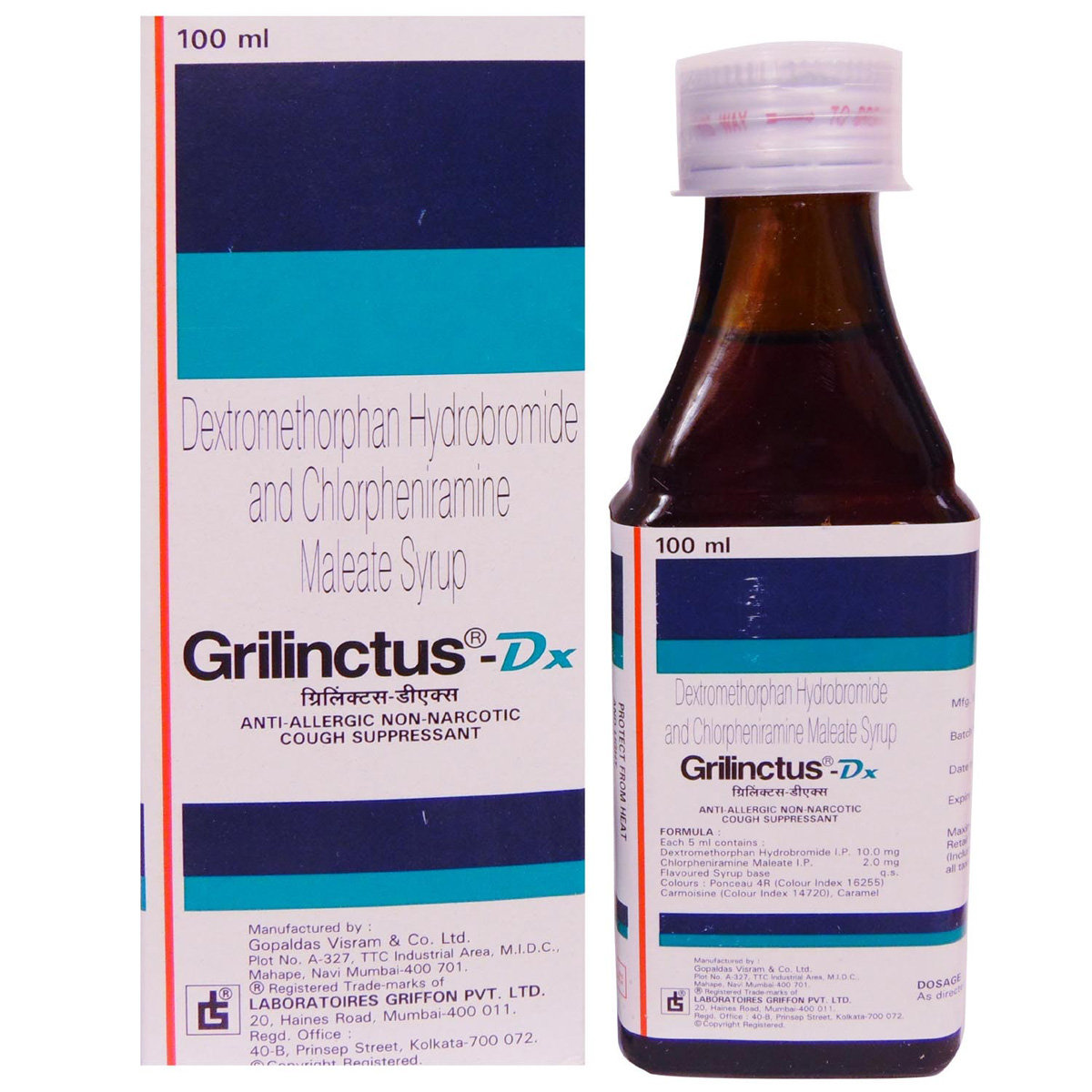 RX
RXGrilinctus DX Syrup 100 ml
₹142.50
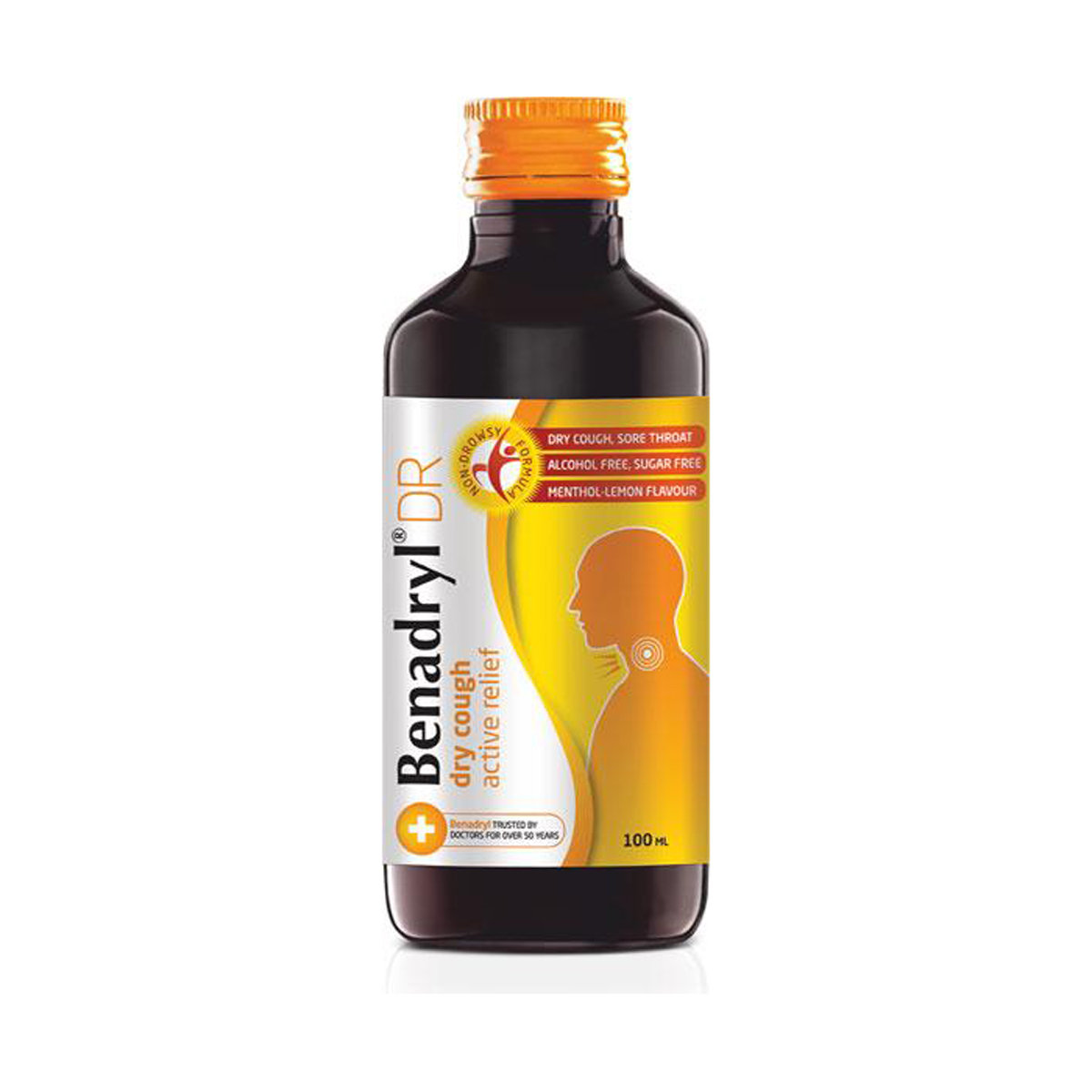 RX
RXBenadryl DR Syrup, 100 ml
₹138.50
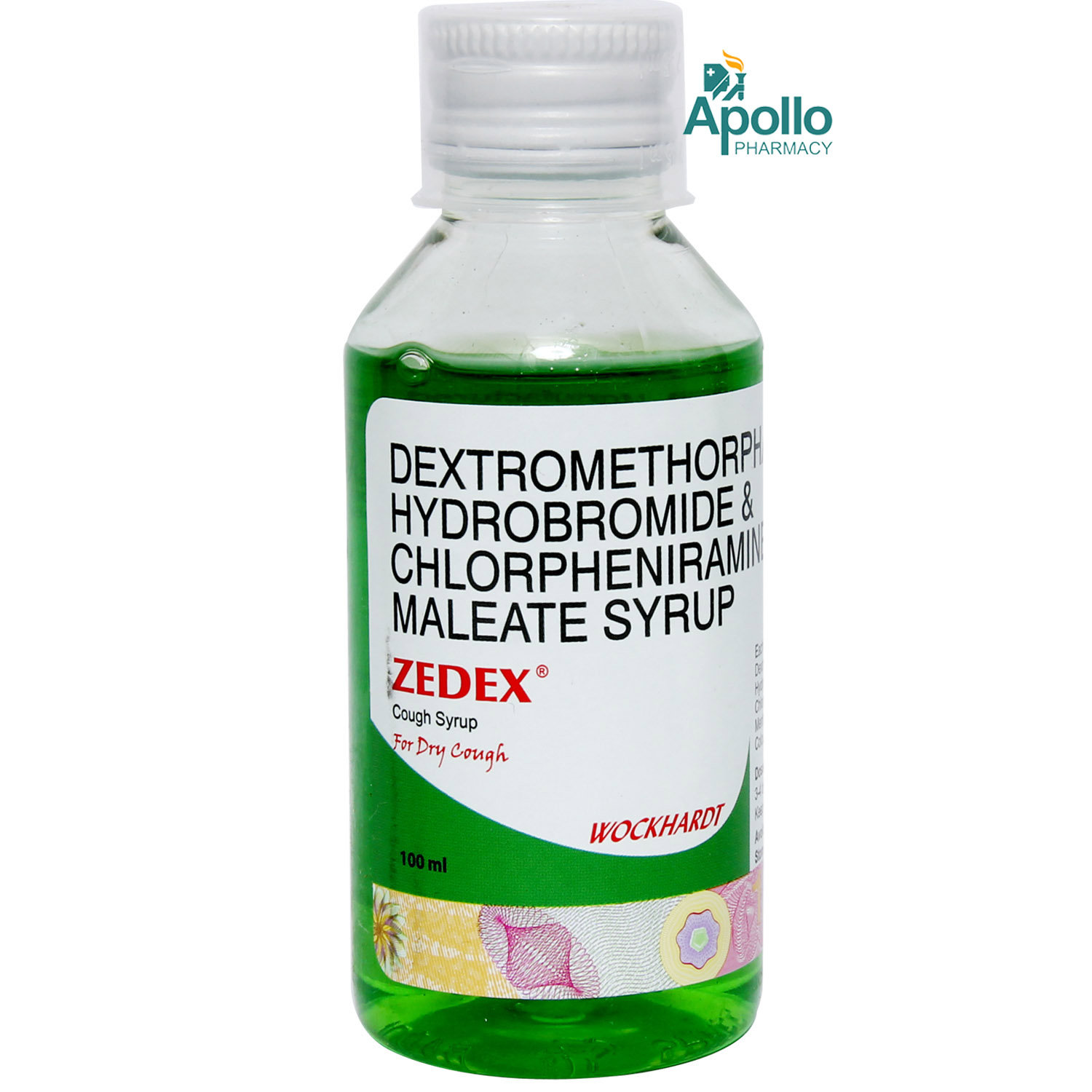 RX
RXZedex Cough Syrup 100 ml
₹179.50
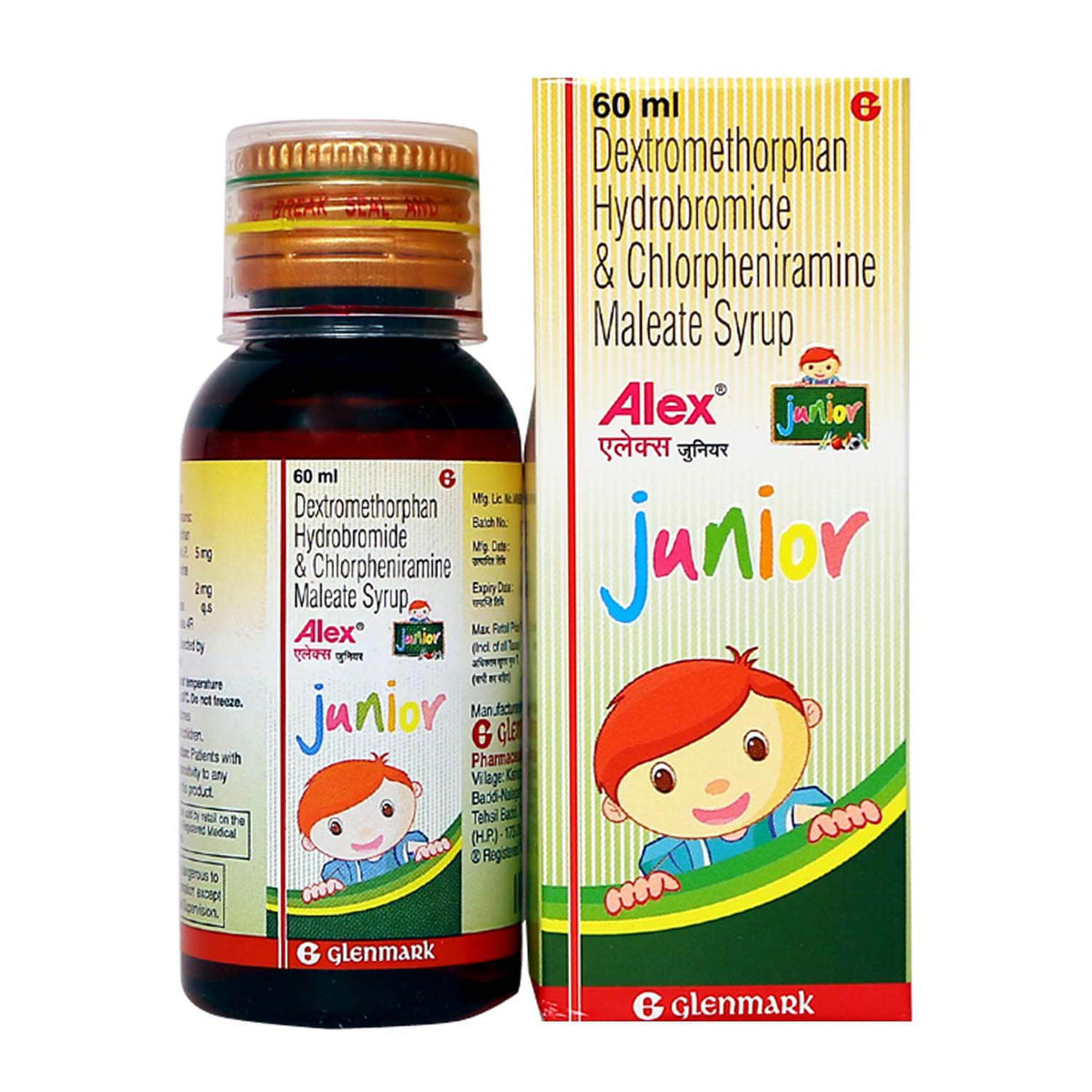 RX
RXAlex Junior Syrup 60 ml
₹106.50
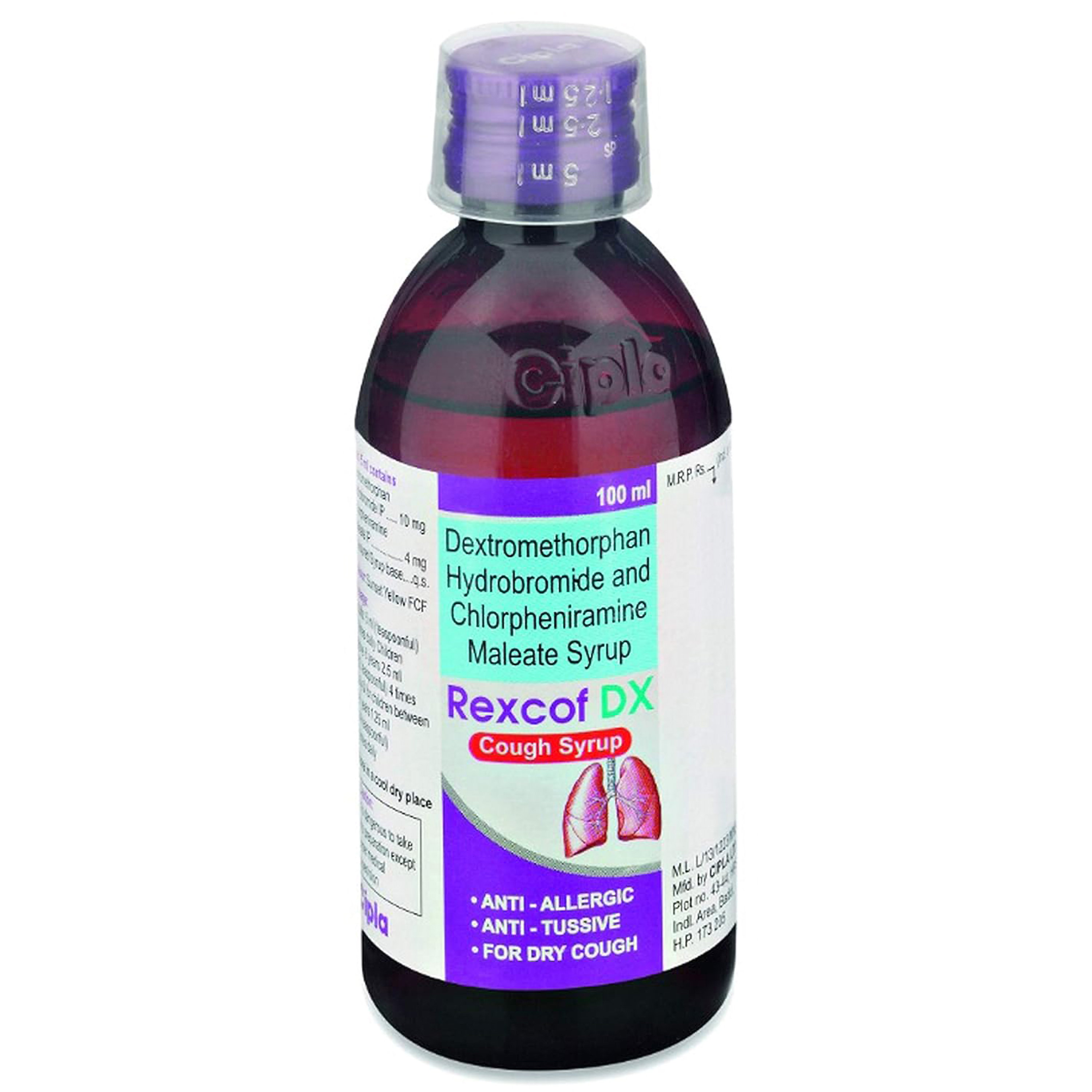 RX
RXRexcof DX Syrup 100 ml
₹99
MRP ₹132
25% off
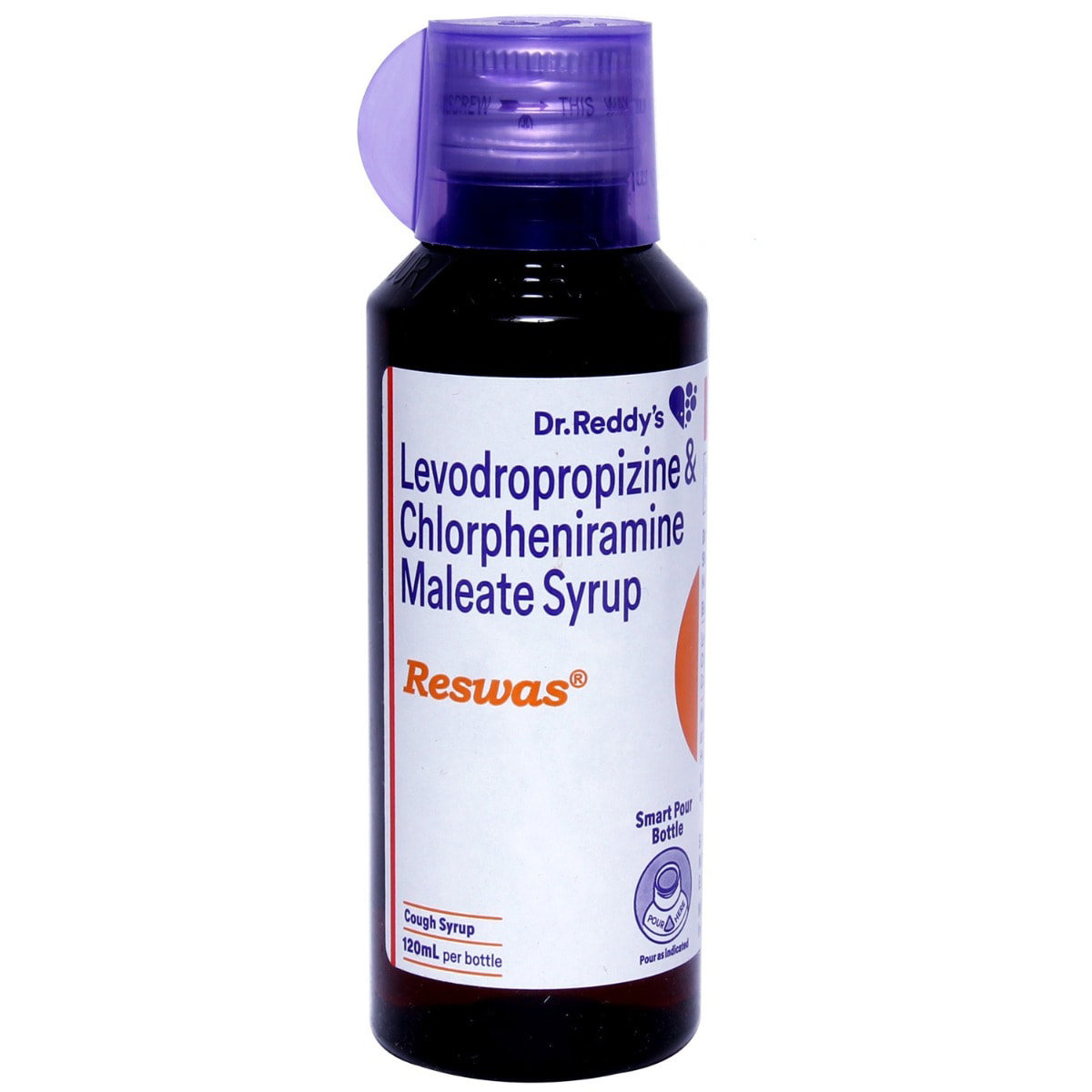 RX
RXReswas Syrup 120 ml
₹148.50
Medicine for Dry Cough
A dry cough can be frustrating and uncomfortable, often leaving your throat feeling scratchy and irritated. Unlike a productive cough, which brings up mucus, a dry cough lingers without any relief, making it hard to speak, sleep, or go about your day. Whether it’s caused by a lingering cold, allergies, or irritants in the air, a persistent dry cough can be more than just an inconvenience—it can affect your quality of life. The good news is that with the right treatment, you can find relief. In this guide, we’ll explore the different medicines available to soothe a dry cough, helping you make informed decisions for effective relief. Let’s take a closer look at the benefits, dosages, and safety tips for using cough medications, so you can get back to feeling better quickly.
Types of Medicine for Dry Cough
When it comes to treating a dry cough, there are several medicines that can help calm the irritation and relieve the urge to cough. Below are the most common types of medications used to manage dry cough symptoms:
1. Cough Suppressants (Antitussives)
Cough suppressants, or antitussives, are medicines that reduce the cough reflex, helping to prevent the constant urge to cough. These medications are especially effective when your dry cough is non-productive (i.e., without mucus). The most commonly used cough suppressants include:
- Dextromethorphan: Available over-the-counter (OTC), dextromethorphan is a popular cough suppressant found in many cough syrups and lozenges. It works by acting on the brain’s cough centre to reduce the urge to cough.
- Codeine: A stronger, prescription-based cough suppressant, codeine is effective for persistent dry coughs. However, it should only be used under the guidance of a doctor due to its potential for dependence and side effects.
Cough suppressants can provide much-needed relief, particularly for those struggling to get rest due to a constant cough.
2. Expectorants
Though expectorants are typically used for productive coughs that bring up mucus, some people find them helpful for dry coughs, especially if the dry cough is caused by post-nasal drip or throat irritation. Expectorants thin mucus and help clear the airways, allowing for smoother breathing.
- Guaifenesin: Available in OTC products, guaifenesin helps thin mucus and clear the airways. While it's more commonly used for wet coughs, it can also help relieve irritation in the throat that triggers a dry cough.
If your dry cough is due to sinus drainage, an expectorant can help relieve the underlying irritation that’s causing your cough.
3. Antihistamines
If your dry cough is due to allergies or an allergic reaction, antihistamines may provide relief. They work by blocking histamine, a substance your body releases in response to allergens, reducing inflammation and irritation in your throat.
- Diphenhydramine (Benadryl): This first-generation antihistamine can be effective for relieving symptoms of allergic reactions, including dry cough, by reducing the allergic response. However, it can cause drowsiness, so it’s best to use it before bedtime.
- Loratadine (Claritin): A non-drowsy second-generation antihistamine, loratadine may help relieve allergy-induced coughs without the sedating side effects of older antihistamines.
If allergies are the underlying cause of your dry cough, an antihistamine might be the key to finding relief.
4. Soothing Agents and Lozenges
For those who experience a dry cough due to irritation in the throat, soothing lozenges and syrups can offer quick comfort. These remedies don’t stop the cough reflex entirely but can calm the throat and reduce the urge to cough.
- Honey: Known for its soothing properties, honey can be taken directly or mixed into warm water or tea to help coat the throat and relieve irritation.
- Menthol and Eucalyptus Lozenges: These lozenges can help soothe the throat, open airways, and reduce irritation.
While soothing agents may not cure the underlying cause of your dry cough, they can make you feel much more comfortable in the meantime.
Benefits of Using Medicine for Dry Cough
The right medicine for dry cough can provide several key benefits, helping you feel better and get through the day more comfortably:
- Instant Relief: Cough suppressants and soothing agents provide immediate relief by calming the cough reflex and soothing the irritated throat.
- Improved Sleep: A dry cough can interfere with sleep, making it difficult to rest. Cough suppressants can help prevent nighttime coughing, allowing you to sleep more soundly.
- Reduced Discomfort: Medications like antihistamines, expectorants, and soothing agents can ease throat irritation and reduce discomfort, allowing you to feel more at ease.
- Support for Underlying Conditions: Whether your dry cough is caused by allergies, post-nasal drip, or an infection, the right medication can help address the underlying cause and prevent further irritation.
Dosage & Usage Instructions for Dry Cough Medicines
When taking medications to treat a dry cough, it's crucial to follow the dosage instructions on the label to ensure both safety and effectiveness. The exact dosage can vary depending on the specific product, but here are some general guidelines to use them safely:
- Follow the prescribed dosage: Whether you’re using an over-the-counter cough suppressant, an expectorant, or an antihistamine, always adhere to the dosage instructions provided on the product packaging or by your doctor.
- Do not exceed the recommended dose: Taking more than the suggested amount can lead to side effects such as drowsiness, dizziness, or upset stomach.
- Take with water: Some medicines, like expectorants, work best when you drink plenty of water to help clear mucus from the airways.
- Monitor side effects: Be aware of possible side effects, like drowsiness (from antihistamines) or gastrointestinal upset (from some expectorants), and adjust usage accordingly.
Caution:
- Consult your doctor if you are unsure about the proper dosage, especially if you are taking multiple medications or have existing health conditions.
- Stop treatment if symptoms persist: If your dry cough continues for more than a week or worsens, it’s better to seek advice from your doctor.
Buy Medicine for Dry Cough Online at Apollo 24|7
Dealing with a persistent dry cough? Apollo 24|7 offers quick, reliable, and hassle-free delivery of medicine for dry cough directly to your doorstep in just 19 to 29 minutes.
Whether it’s cough suppressants, expectorants, antihistamines, or soothing agents, Apollo 24|7 provides you with genuine, effective treatment options. With doctor consultations and lab tests available through the app, you can manage your health needs seamlessly—no waiting, no stress.
Frequently asked questions
A dry cough is often caused by irritation in the throat or upper airways, and it can be triggered by conditions such as allergies, viral infections (like the common cold), asthma, exposure to smoke, or environmental pollutants. It can also occur as a result of post-nasal drip, where mucus from the sinuses drips down the back of the throat, leading to irritation.
Antibiotics are typically not effective for treating a dry cough unless it is caused by a bacterial infection. Most dry coughs are viral, and antibiotics are not needed. Always consult with your doctor to determine the underlying cause of your cough before taking antibiotics.
The best treatment for a dry cough depends on its cause. Cough suppressants (like dextromethorphan) can help reduce the urge to cough, while expectorants (like guaifenesin) can help clear mucus from the airways. Antihistamines may be beneficial if the cough is due to allergies, and soothing agents like honey or lozenges can temporarily relieve throat irritation.
Yes, there are dry cough medicines that are safe for children, but it’s important to check the dosage and active ingredients carefully. Some cough syrups or tablets are designed specifically for children, while others may not be suitable for younger age groups. Always consult your paediatrician before giving dry cough medicine to children, especially under the age of 2.
Yes, several natural remedies can help soothe a dry cough. Honey, warm teas (like ginger or chamomile), steam inhalation, and saltwater gargles can help relieve throat irritation. However, these should be used as complementary treatments and not substitutes for prescribed medications if the cough persists or worsens.

